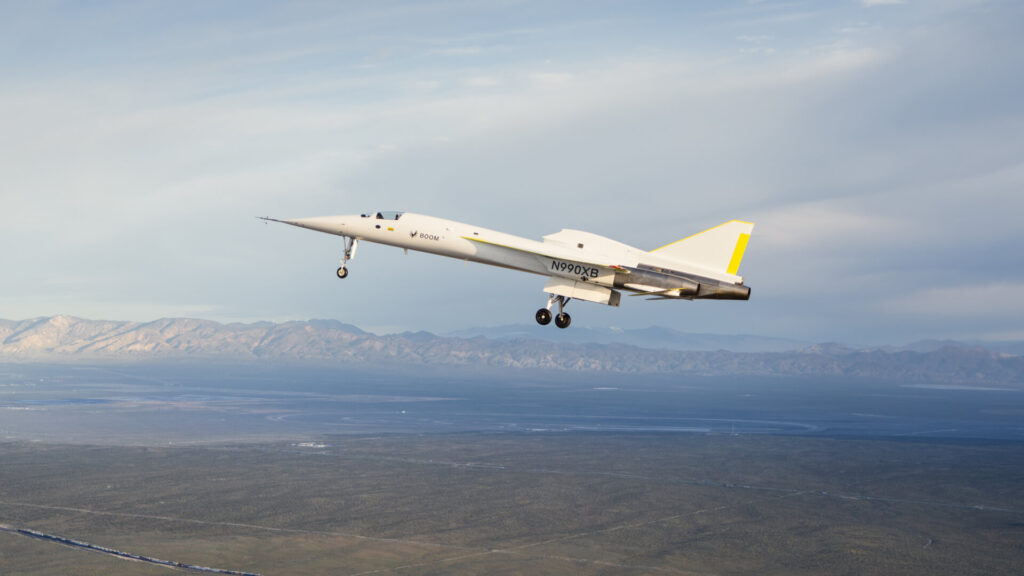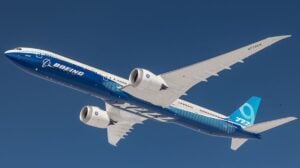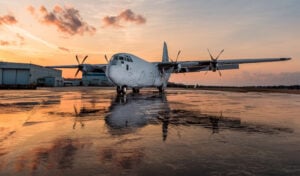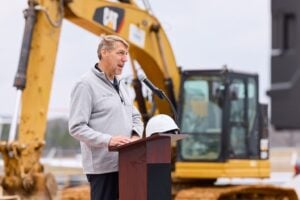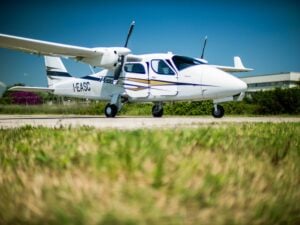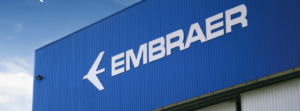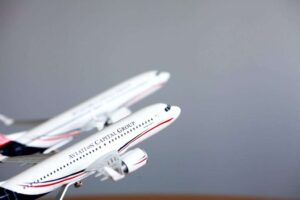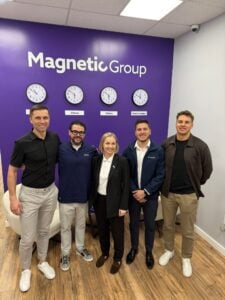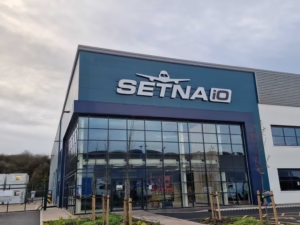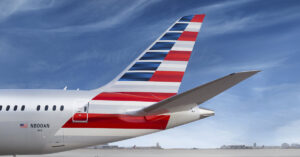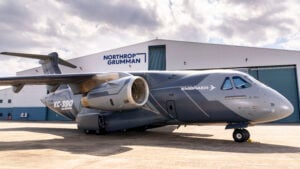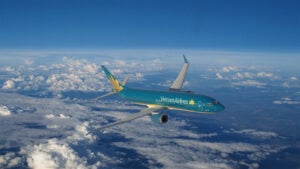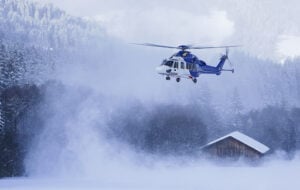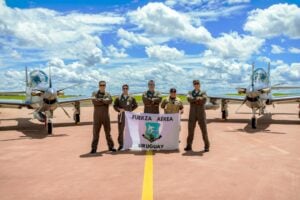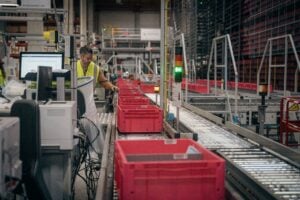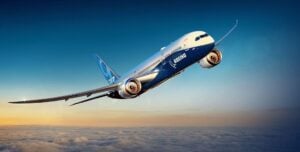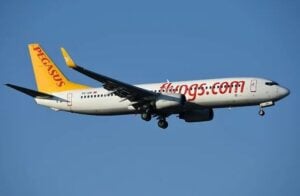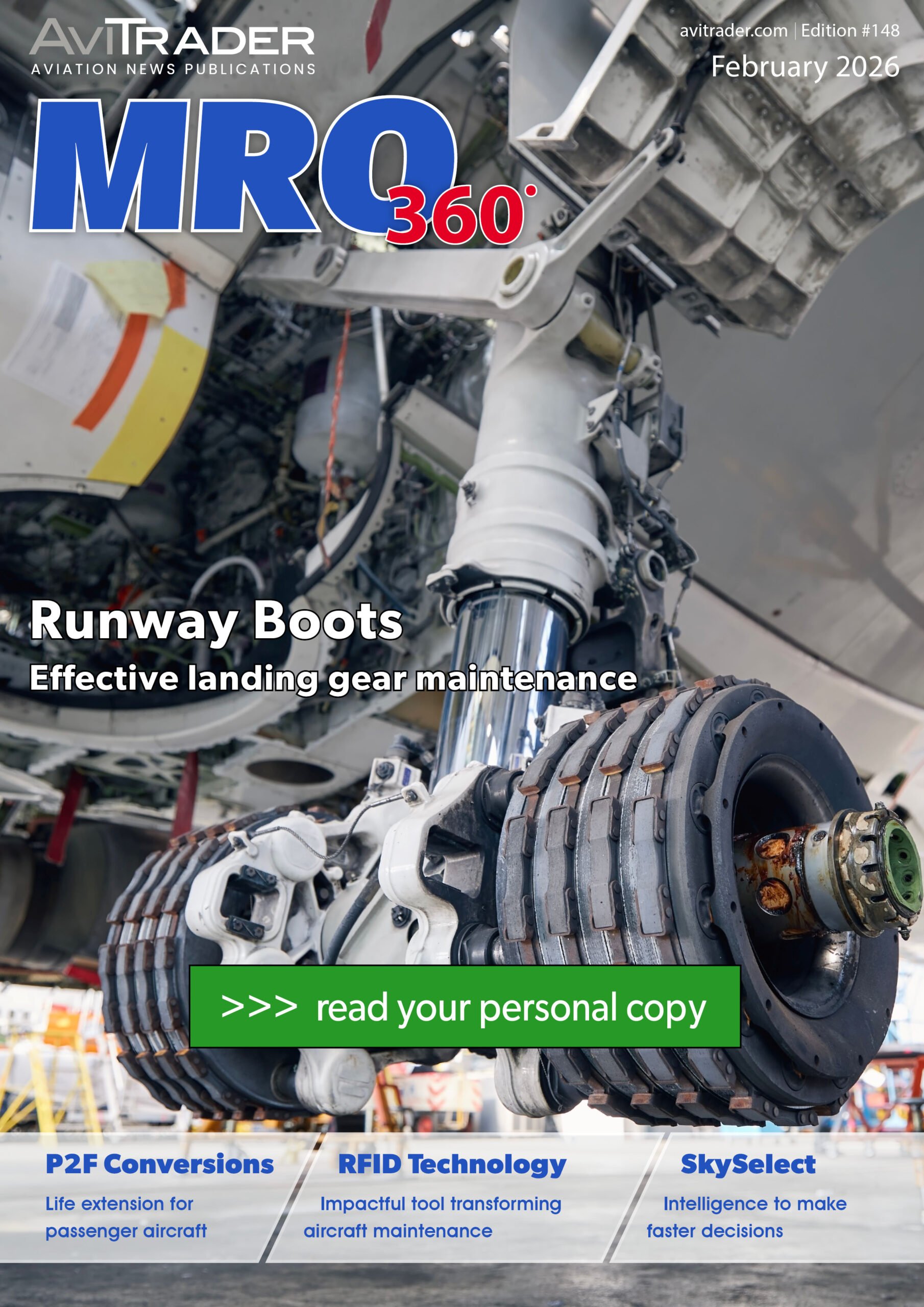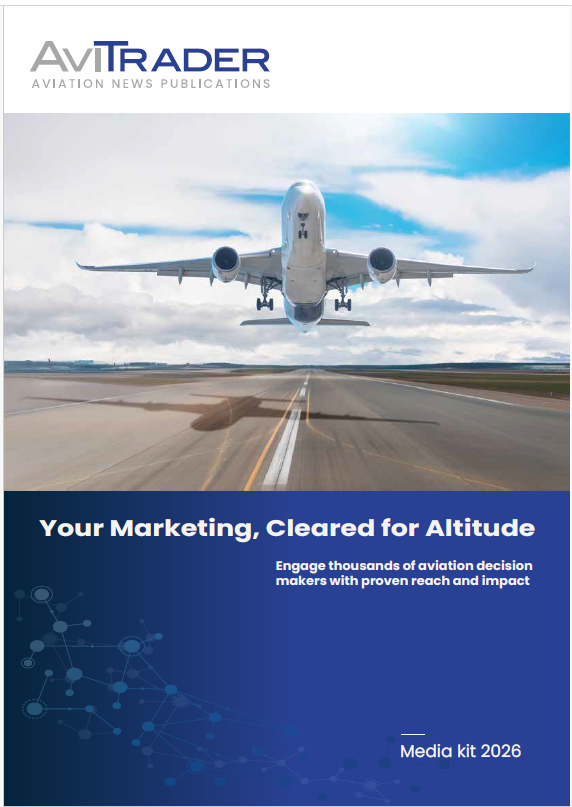Boom Supersonic has announced the first flight of XB-1, the world’s inaugural independently crafted supersonic jet. The event unfolded at the Mojave Air & Space Port in Mojave, California, marking a significant leap forward in aviation technology. Like Overture, XB-1 capitalises on cutting-edge advancements such as carbon fibre composites, state-of-the-art avionics, digitally-optimised aerodynamics and an advanced supersonic propulsion system.
Blake Scholl, Founder and CEO of Boom Supersonic, expressed his enthusiasm, stating, “Today, XB-1 took flight in the same hallowed airspace where the Bell X-1 first broke the sound barrier in 1947. I’ve been looking forward to this flight since founding Boom in 2014, and it marks the most significant milestone yet on our path to bring supersonic travel to passengers worldwide.”
Guided by Boom Chief Test Pilot Bill “Doc” Shoemaker, XB-1 soared through the skies, accompanied by Test Pilot Tristan “Geppetto” Brandenburg in the T-38 chase aircraft, meticulously monitoring the flight. The aircraft gracefully ascended from the Mojave Air & Space Port, retracing the path of numerous historic aviation breakthroughs, including the Bell X-1, the North American X-15, and the Lockheed SR-71 Blackbird. XB-1 flawlessly achieved all test objectives, ascending to a safe altitude of 7,120 feet and reaching speeds of up to 238 knots (273 mph).
Twenty years following the retirement of Concorde, the maiden flight of XB-1 heralds the resurgence of civilian supersonic aviation, setting the stage for mainstream supersonic travel’s revival. The XB-1 programme not only lays the groundwork for the design and development of Overture but also fosters a culture of safety-first engineering and manufacturing. As XB-1 makes its historic debut, Overture progresses towards production, boasting a burgeoning global network of Tier 1 suppliers and an order book featuring 130 orders and pre-orders from esteemed carriers such as American Airlines, United Airlines, and Japan Airlines. Overture, designed to accommodate 64-80 passengers at Mach 1.7, approximately double the speed of conventional subsonic airliners, prioritises speed, safety, and sustainability, with plans to operate on up to 100% sustainable aviation fuel (SAF).

